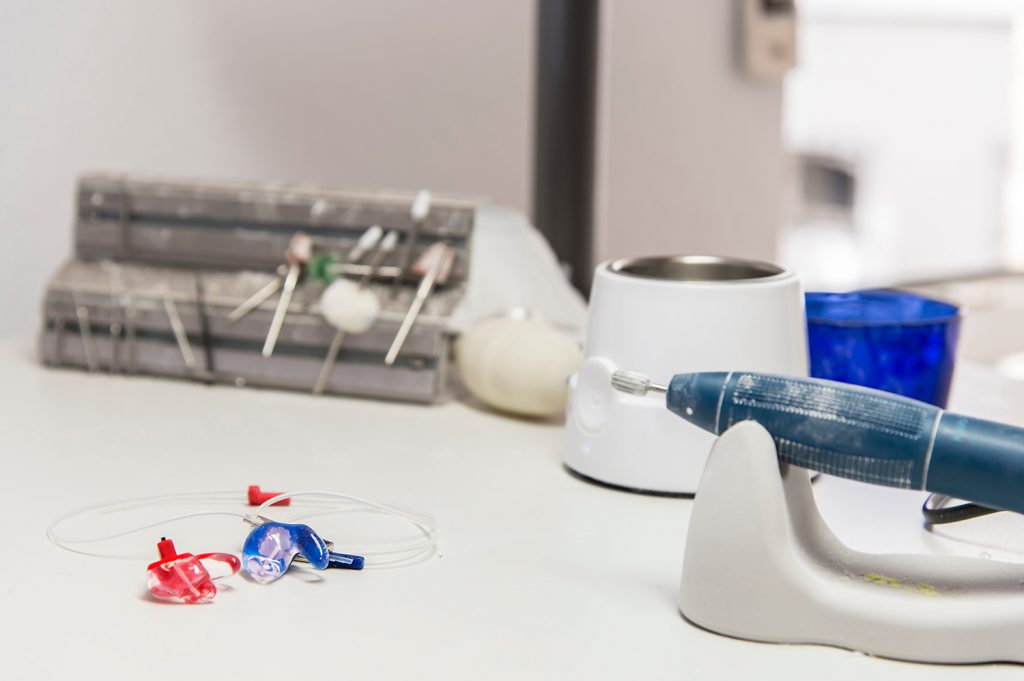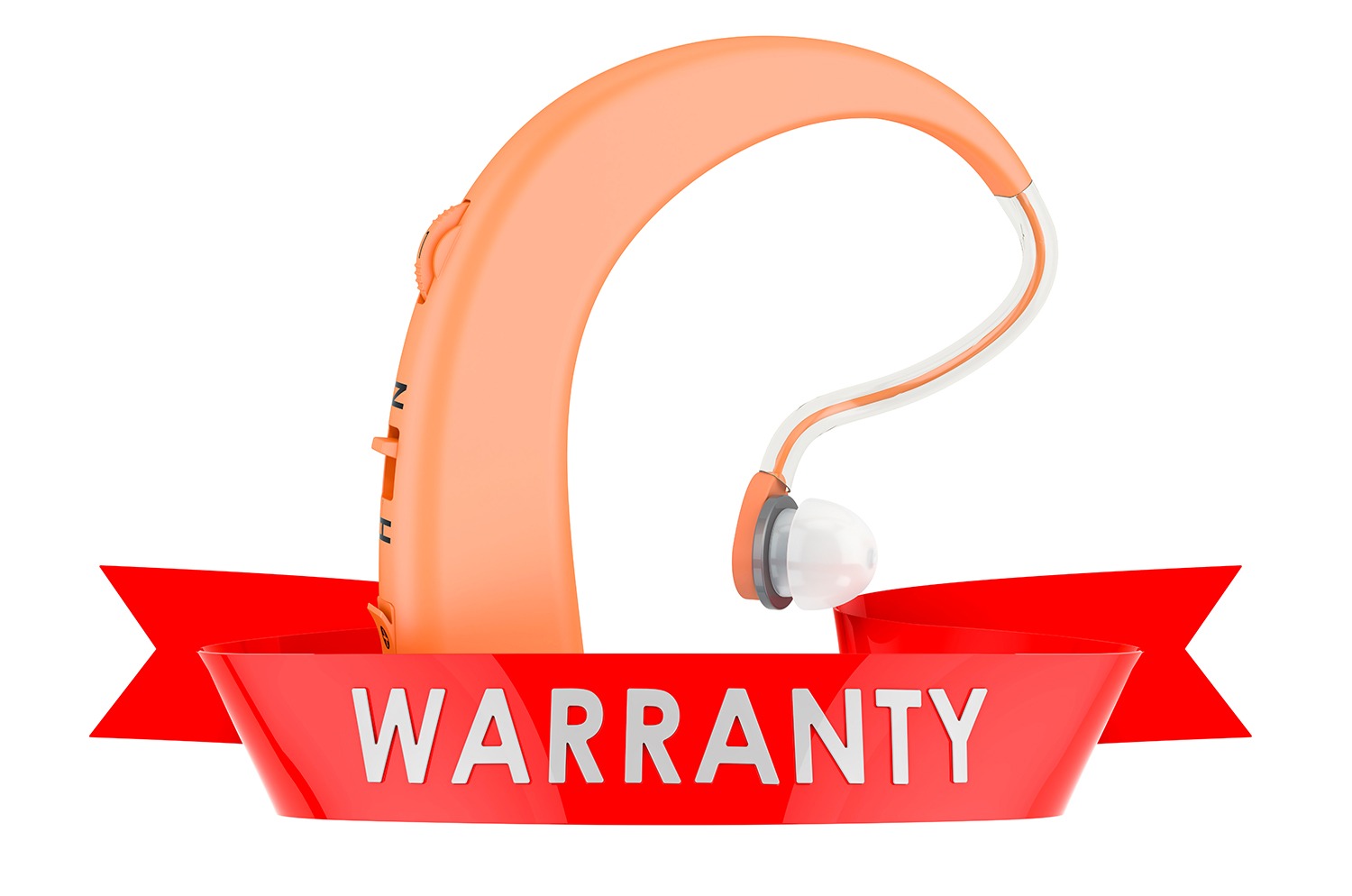After undergoing a comprehensive hearing test, the next step in your journey is to select the perfect hearing aid tailored to your needs. With the expert guidance of your Hearing Healthcare Professional (HHP), you’ll learn about the options available, ensuring you make an informed decision that enhances your hearing experience.
Now, let’s take a closer look at what this process entails and what you’re investing in.
What are you paying for?
The cost of acquiring a hearing aid from a clinic encompasses various elements. Primarily, the hearing device itself is a significant portion of the expense. However, other factors come into play, such as overheads.
Larger clinics might have overhead costs that cover staff members who aren’t directly visible to the public. In contrast, with smaller, independent clinics, your expenses typically cover the professionals you interact with, like Audiologists, Audiometrists, and reception personnel.
Services/products included:

Hearing Healthcare Professional Services:
The price of the hearing aids also accounts for the dedicated care and expertise of your Hearing Healthcare Professional (HHP). These professionals possess extensive training and knowledge in hearing assessment and hearing aid fitting.
Hearing Aids:
The hearing aid’s cost varies based on several factors: the brand, the technology level, and any specific agreements the Hearing Clinic might have with the device manufacturer.
Batteries:
Batteries and, if necessary, wax filters are included in the overall cost. Moreover, a repair and maintenance program is part of the package.
Trial Period:
The best thing about hearing clinics is that they typically offer a trial period for your hearing aids, allowing you to evaluate their benefits. Given the significant investment in hearing aids, it’s crucial to ensure you’re receiving value for your money. At the end of this trial, you will have a clear plan for moving forward.
This could involve finalizing your fitting, returning the hearing aids, or discussing other options with your hearing healthcare professional (HHP).
Warranty:

The majority of hearing aid clinics include a three-year warranty in their device pricing. This warranty generally covers minor repairs and maintenance. It’s essential to understand what the warranty doesn’t cover, such as damages from pets, water exposure, loss, or theft.
Once you’re informed about the warranty’s scope, consider insuring your hearing aids against other potential incidents through your home insurance.
Choosing the right hearing aid is a pivotal decision in one’s journey to improved auditory health. By opting for a clinic and relying on the expertise of a Hearing Healthcare Professional, you ensure a personalized approach tailored to your unique needs.
Keep in mind that it’s not just about improving your hearing; it’s about enhancing the quality of your life.




